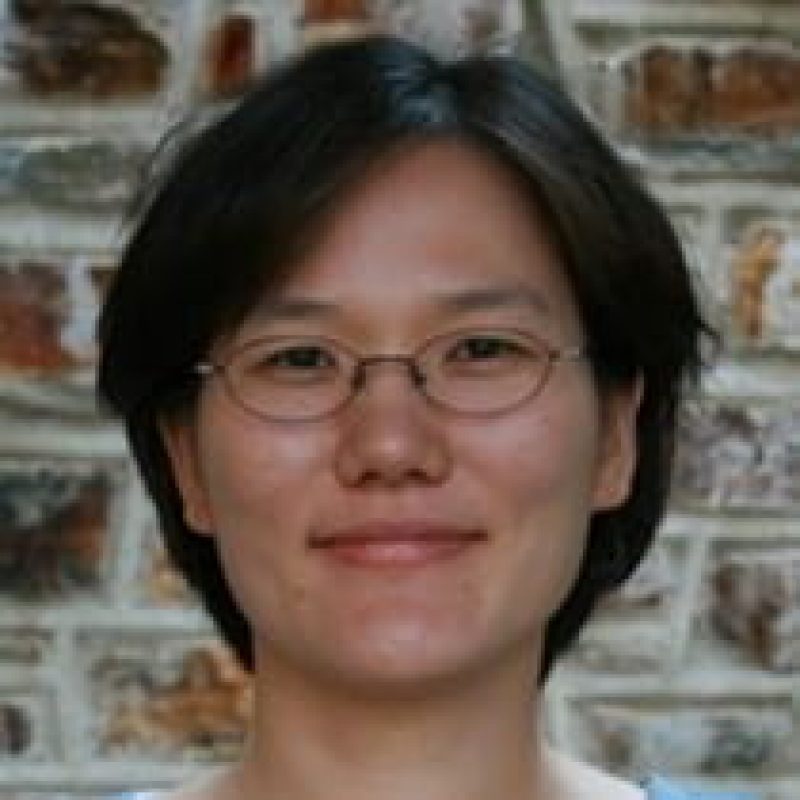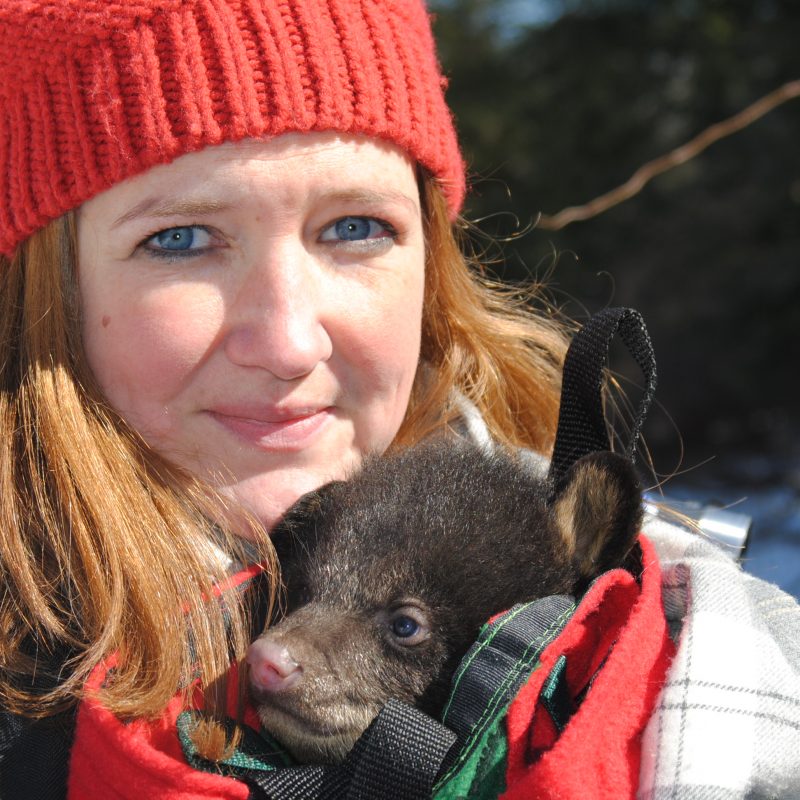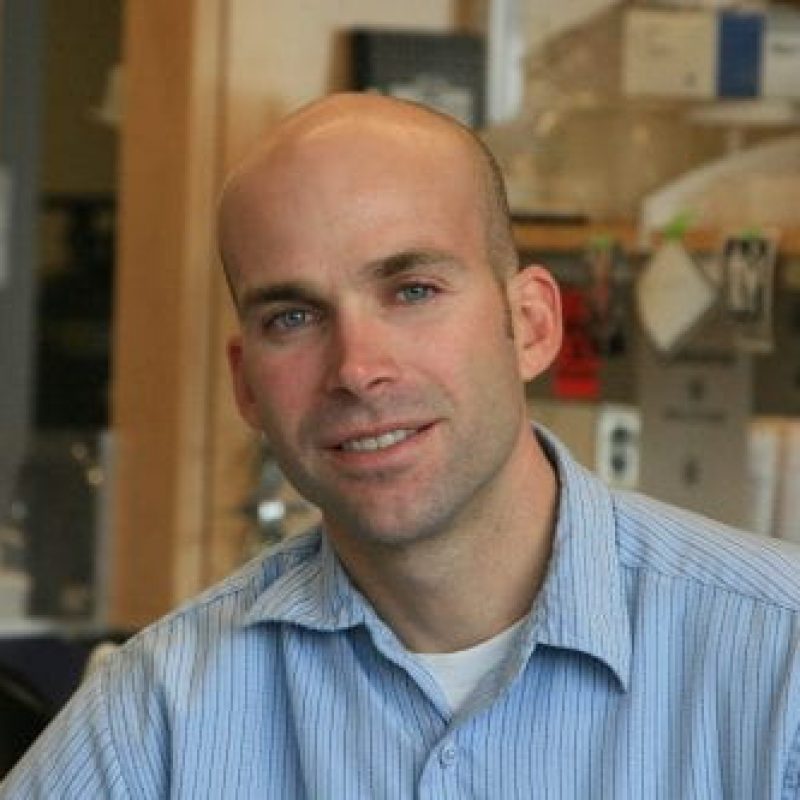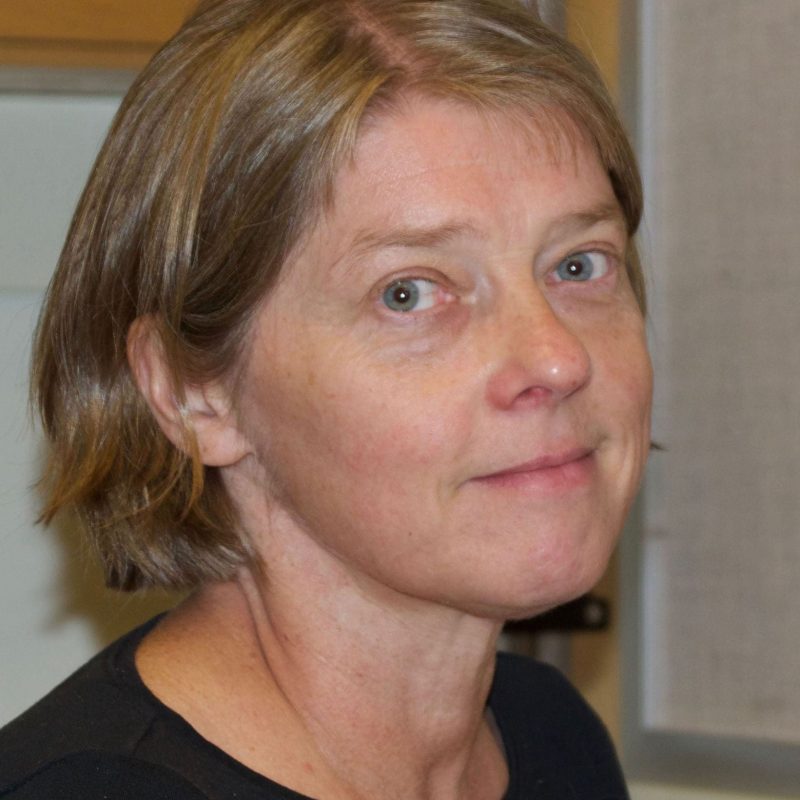Role: Faculty
-

Gillian Turgeon
The Turgeon lab works on mechanisms of fungal virulence to plants with particular emphasis on the roles of fungal secondary metabolites, iron and oxidative stress. Classical genetic, molecular genetic, and genomic approaches are used. -

Jeongmin Song
The unifying themes of my ongoing research program are seeking to understand the underlying mechanisms that control the pathogenesis and disease associated with bacterial infections, as well as developing control strategies for the bacteria or its associated disease. The main focus for the past years[...] -

Christine Smart
Two main areas of study in the Smart lab include identifying genes in bacterial pathogens that enable movement within a plant, and understanding the population diversity of rapidly reproducing oomycete pathogens. These studies enhance our knowledge of pathogen virulence determinants and further elucidate how plants[...] -

Krysten Schuler
My research group focuses on free-ranging North America wildlife to improve health outcomes across a variety of species, their pathogens and parasites. At the Cornell Wildlife Health Lab, we derive solutions from novel mathematical applications, innovative diagnostic evaluations, field-based studies, and human dimensions of wildlife[...] -

Brian Rudd
The Rudd lab is interested in how microbes alter immune development and how the adaptive immune system protects the host against acute and chronic pathogens. -

Angela Poole
The Poole Lab studies how factors like substrate availability and host genes influence the dynamics of symbiotic oral and gut microbial communities. Students will conduct in vitro studies on saliva samples to characterize the response of microbes to a panel of carbohydrate substrates. They will use bioinformatics[...] -

Joe Peters
The Peters lab studies microbial evolution via mobile genetic elements. We are interested in how mobile elements evolve new functions within host-associated bacteria. Students in the lab will develop skills in bioinformatics, molecular genetics, and biochemistry. An example student project is using sequencing data to[...] -

Teresa Pawlowska
We study the mechanisms underlying ecological interactions between fungi and bacteria. Student projects will focus on current work to characterize the bacteria associated with mycorrhizal fungi in poorly studied desert habitats in California and Israel. Students will learn culture and microscopy techniques, and phylogenetic analysis. -

Colin Parrish
My laboratory studies viruses, with a particular focus on viruses that have jumped into new hosts to cause epidemics of disease. One model we study is canine parvovirus, which is a cat virus that transferred into dogs in the mid-1970s and subsequently caused a global[...] -

John Parker
The Parker lab uses the mammalian orthoreovirus model system and other human viruses to study virus-host interactions at the molecular and cellular level. Current projects are focused on the mechanisms viruses use to overcome translational repression and optimize translation of viral mRNAs, as well as[...]
